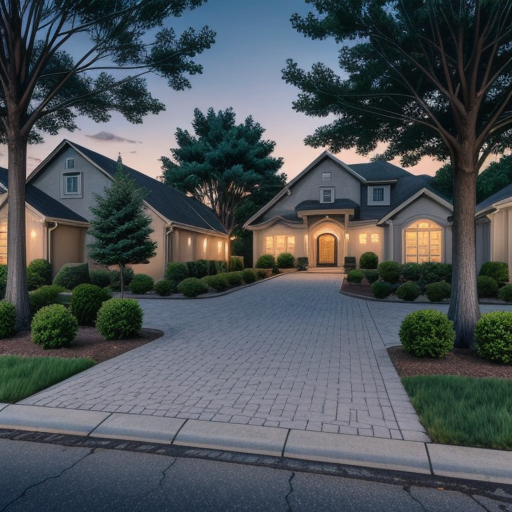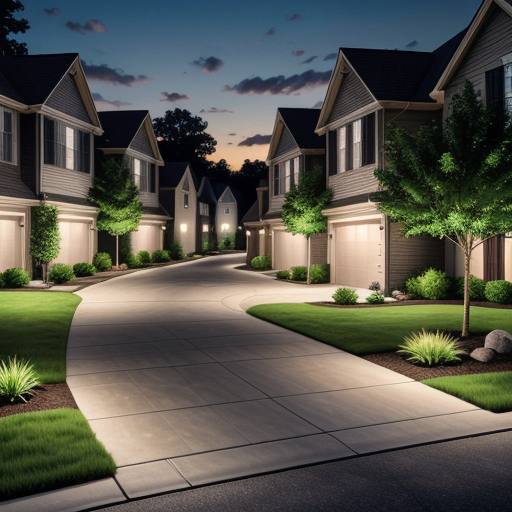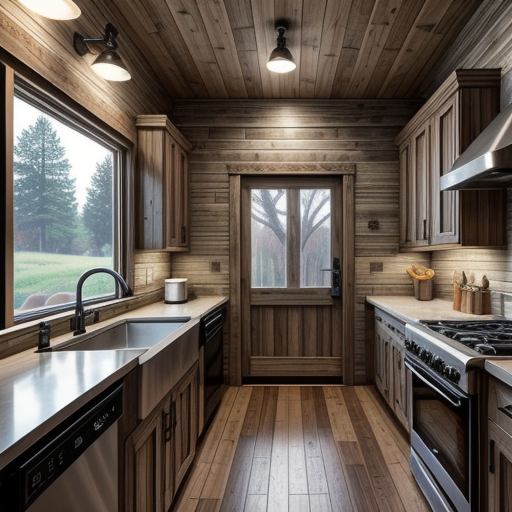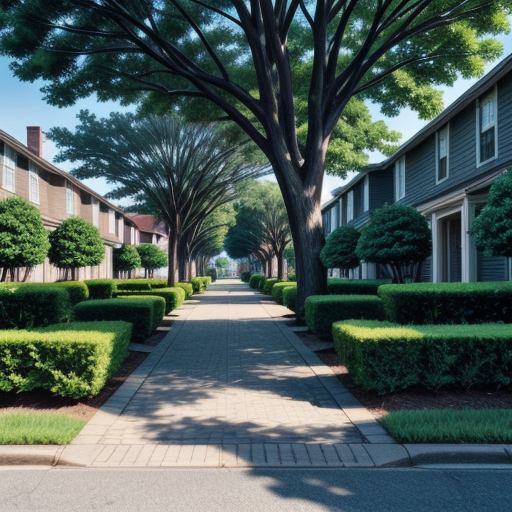As the focus on environmental sustainability gains momentum, more individuals are seeking ways to reduce their ecological footprint, and many are turning to a zero-waste lifestyle. For homeowners and potential buyers, understanding and adopting zero-waste practices can be both fulfilling and beneficial to property value, as sustainability becomes increasingly desirable in the real estate market.
Understanding the Zero-Waste Lifestyle
A zero-waste lifestyle centers on the principle of minimizing waste where you live, work, and play. It involves making conscious decisions to reduce trash and advocate for systems that implement reuse, recycling, and sustainable choices. This might include trading single-use plastics for reusable items, composting organic waste, or shopping at local farmers' markets to avoid excess packaging.
Why Go Zero Waste?
Living a zero-waste lifestyle isn't just about reducing landfill waste — it correlates with healthier living and cost efficiency. By focusing on reusable products and mindful consumption, homeowners can contribute to decreased pollution, conservational advantages, and generate financial savings through a reduction in purchasing disposable items.
First Steps to Transition Homeowners
For those ready to transition into a zero-waste lifestyle, making incremental changes can ease the adjustment. Start by conducting a waste audit to identify areas of excess. Next, consider investing in durable, reusable products like glass storage containers, cloth shopping bags, and bamboo utensils. Additionally, establishing a composting system for food scraps can turn waste into a garden resource.
Home Features that Support Zero Waste
When buying or renovating a property, consider features that could support a zero-waste lifestyle. Homes with energy-efficient appliances, rainwater harvesting systems, and robust recycling setups provide a foundation for sustainable living. These elements not only enhance the ecological impact but may also increase the property's appeal to environmentally-conscious buyers.
Engaging with Your Community
Living zero waste is not a solitary effort. Engage with neighbors and local organizations to spearhead recycling drives, community swap events, or educational workshops. A community-organized approach can amplify individual efforts and create larger impacts.
Long-term Benefits
As sustainable practices become more integrated into society, a zero-waste lifestyle is poised to have lasting benefits for individuals and broader communities. From improving property market value to fostering a healthier environment, transitioning towards sustainable living opens a path to a better future for all.
Incorporating zero-waste principles into your lifestyle is more than just a trend—it's a commitment to a sustainably thriving community and planet. Homebuyers and homeowners positioning themselves for the future will likely view zero-waste living as a valuable asset, both environmentally and economically.






















































